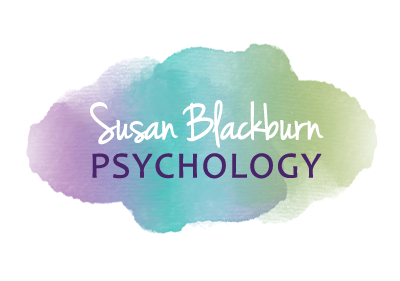Do you know how to communicate with kindness and respect?
When your partner is getting on your nerves, it’s not always easy to speak in a kind and respectful way.
To create a strong relationship you need to be courageous enough to have your own point of view and express it with kindness and respect.
In all of your interactions, being yourself needs to be balanced with communicating the importance of your relationship.
In every moment you are either bringing your relationship closer together or further apart. ~ Susan Blackburn
Expressing yourself authentically while honoring your relationship includes speaking about what you need in a calm, rational voice.
It’s your tone of voice and your intention or approach that communicates how important your partner is to you.
What you say should be genuine so that it reflects what’s true for you.
Your partner will be able to hear you when you focus on what you want instead of expressing judgment or dwelling on what shouldn’t have happened.
Using a kind and respectful approach while maintaining your individual perspective is an interdependent stance. This is ideal as it’s the balance between independence, which is too distant and dependence or codependence, which is too close and stifling for real love to grow.
By expressing your true thoughts and feelings in a confident way, you focus on the changes you’d like. For example, instead of saying “I’m really angry at you because you’re always on my case about this,” you can say “I’m feeling pretty angry. I’d like us to get along.” Speaking this way allows your partner to listen to you instead of becoming defensive. You’re simply expressing yourself and your desire instead of making your partner wrong. This is the complete opposite of silencing your voice and walking on eggshells.
Something that helps to remember how to approach this type of interaction is to imagine that there is a fire-breathing dragon fast asleep between your partner’s ears. This dragon represents his or her ego. It’s the ego that drops the gloves and becomes defensive in a moment’s notice.
So, before you approach your partner with any potentially tricky conversations, you want to ask yourself, how do I need to approach this and what do I need to say, so that the dragon stays sleeping and I have the opportunity to get my point across in a cooperative manner.
It can be very helpful to take some time to yourself to meditate or practice taking a few breaths, take warrior pose for a couple of minutes or maybe go for a walk to think about what you’ll say and how you’ll say it. This will go a long way to making sure that you feel balanced and centred before opening up. The last thing you want to do is fly off the handle, which is often a possibility if you don’t remain present and focused.
During this conversation exchange, your partner is him or herself, then there’s a dragon that we don’t want to wake so ideally the dragon is not really part of the exchange, and then there’s you; the graceful fighter or peaceful warrior.
The peaceful warrior keeps the importance of the relationship top of mind, rehearses what will be said for brevity, clarity and cooperation and uses kindness and respect to speak their truth.
In order to be truly close in any relationship, whether it’s a romantic relationship, friendship or family member, being able to handle conflict is essential for closeness and intimacy, otherwise the relationship has built-in distance and walls. This distance is the upsetting thoughts you have and cannot speak for fear of conflict.
It’s likely that at some point in the past, you have communicated important matters to your partner with kindness and respect and didn’t achieve positive results.
You partner might have responded to you in anger or by withdrawing. A typical response would then be for you to eventually back down to end the fight or stop the silence. In maintaining your perspective balanced with kindness and respect, don’t allow your partner’s anger or silence (fight or flight response) to reinstate the status quo and brush the issue under the rug.
Instead, remain calm and consistent in your message and disengage from any heated conversation. Remember, when you find your strength of self, there are no real victims in life and in relationships; only volunteers. So, don’t give your power away by giving in, as this doesn’t serve either one of you.
Over time, when you are consistent, anger or silence shifts into cooperation. This is because your partner’s need for connection for you is strong and all behaviour is purposeful.
Anger and silence (fear) is a negative form of connection and when these forms don’t work on you, your partner will realize that in order to get your attention they will need to communicate with you in a kind and respectful way.
Although it may take some time, if you no longer engage in arguments they will naturally lose momentum and end. This isn’t to say that you won’t have disagreements. Disagreements are a healthy and necessary part of relating. It’s not whether or not you disagree; its how you handle the disagreement.
By speaking in a way that communicates the importance of your relationship, your partner will eventually also learn how to communicate with kindness and respect as long as you go first and stay the course.









One Response